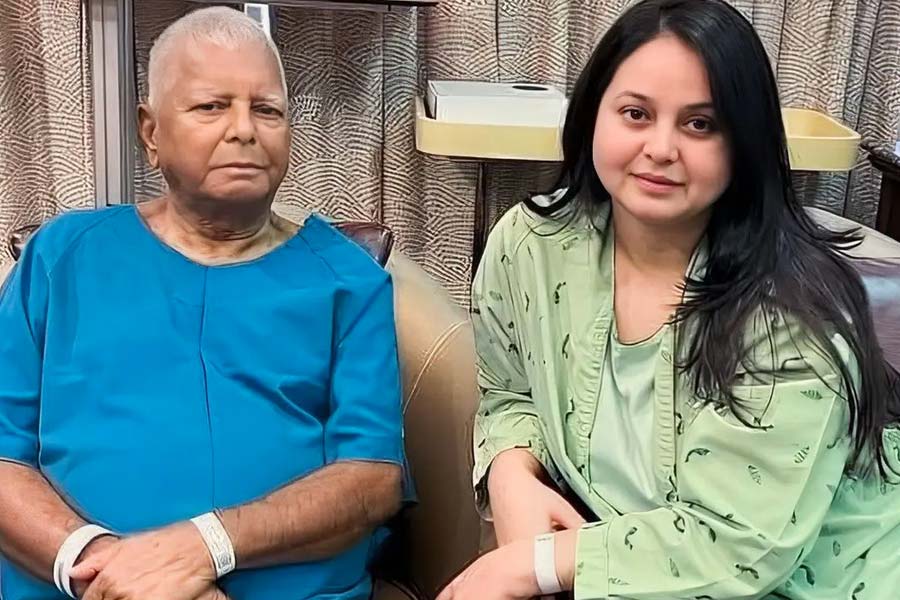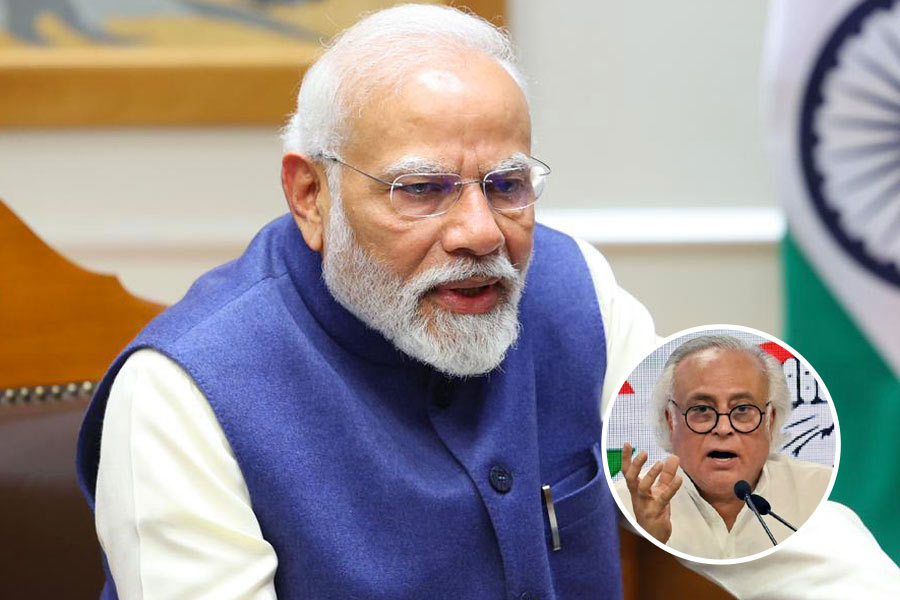For ancient myth-makers as for modern philosophers, welcoming strangers into the home is the most loving form of hospitality. It makes the whole world kin. It could also become a form of resistance against the spread of hatred in today’s India. That is how Act Now for Harmony and Democracy, a socio-cultural organisation, plans to use hospitality in its campaign called #MereGharAaKeToDekho from Independence Day onwards. With the help of other social and democratic groups and national networks, the organisation aims to ensure that each family from one lakh families across the country meets another of a different religion, caste, sexual orientation, class, region or linguistic background on Independence Day. This would be followed by an invitation to share water, tea or a meal in the family home. The idea is to bridge divisions deepened in recent years by the attitudes of the ruling party as well as certain government policies. Spreading inter-community harmony not by speeches but through action would be a creative way to counter the dominant culture.
It is not only important to bring the war against hatred down to the people by helping strangers connect but also to pierce the layers of prejudice and suspicion that separate them. This is where hospitality is important. Welcome into the home is symbolic of acceptance, of an opening of hearts, while sharing a meal or even just having water or tea together would break down the prejudice, distancing and exclusion built up over years. Such sharing would also mean gradual knowledge of the hitherto unfamiliar, of understanding other ways of life and other struggles and sorrows. Nothing could be a better antidote to hatred. Civil society activists have rejuvenated the outfit called the Democratic Outreach for Secular Transformation of India or DOSTI, which worked with those affected by sectarian violence in 1984. It will open up discussion spaces for the ‘silent majority’ by arranging meetings of only 10 or 20 people to create a ‘counter-narrative’ to bigotry. The aim is to spread love in place of hatred, to exchange stories of communal harmony and celebrate festivals together.
In West Bengal, Know Your Neighbour is a campaign dating back to 2016 aiming at communal harmony. Walks in minority community-dominated areas, discussions and meals together are meant to help knowledge and understanding, remove prejudice and distance between communities and create a feeling of safety for the insecure. ANHAD and DOSTI will have greater reach, but the ideals are the same. Ultimately, the arbiters of the country’s destiny are its people, in spite of the ruling government’s efforts to diminish their power by undermining democratic systems and institutions. Campaigns that arrange for people-to-people contact build up people’s power. ANHAD, for example, will arrange for meeting spaces when home invitations are not possible. The focus is on sharing — meals, stories and problems — and on celebrating through music and dance the magic of togetherness. This magic may be tough to disperse.










